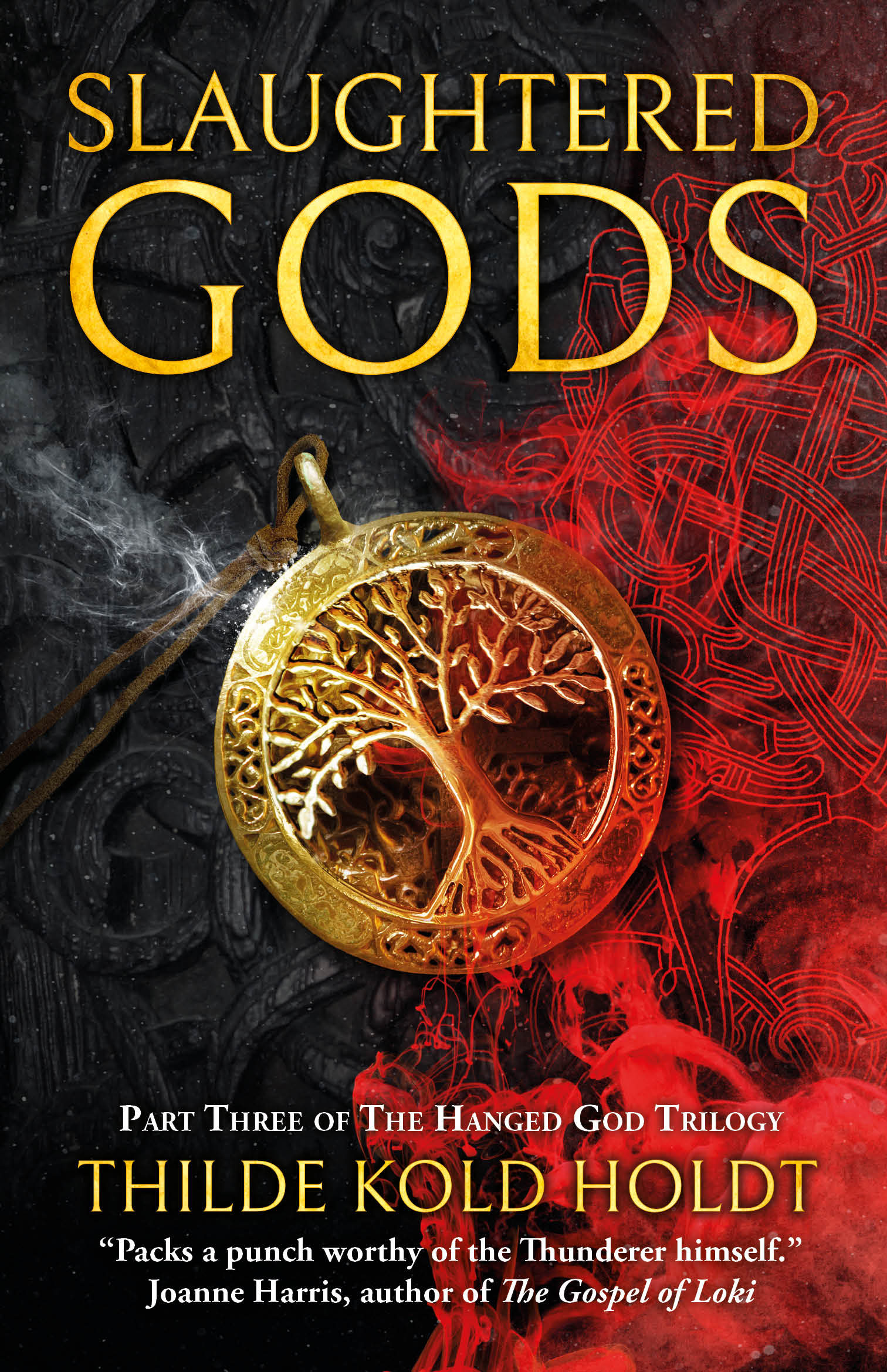

I would go to people's houses and meet the parents of people working in the movie. He becomes a photographer and gets his pictures in the newspaper – and people come to understand that he is not just another criminal from the favela.ĭuring the nine weeks of filming, we were in constant contact with the residents' association, and they helped us every step of the way. Rocket, one of the central characters, was born in the favela and has many things going against him, but he's able to realise his ambitions.

Yes, there is crime in Rio, and we portrayed that, but we wanted to show that people from the slums can lead normal lives and improve their situation if they take advantage of their opportunities. Our goal with City of God was to do away with the prejudice that exists about favelas. I was able to get an agent in the US, and my life changed completely. That really got me noticed internationally. My part in the film was pretty small, but my face was on the poster for the overseas release. Everybody welcomed me, even though I was from a different place and a different background. I think they were happy that we were telling their stories. They were very respectful, generous and friendly. Sure, some of them were drug traffickers and what not, but nobody was carrying machine-guns. I don't remember feeling unsafe at any time. Instead, we shot at Cidade Alta (Higher City), a similar-looking slum, using community members as security guards because they wouldn't let us bring our own. It was too dangerous because it was in the middle of a drug war. We couldn't shoot at Cidade de Deus, the real City of God slum, though.

He knew what he wanted, but he was never too pushy. This was only Meirelles's second feature film, so City of God was a turning point for him, too. The unknown is exciting but also terrifying. That was a challenge, because it was the first time I had to actually build a character. Everybody improvised, including the professionals. Fátima wanted us to be emotionally and physically prepared, but never to memorise lines. We weren't allowed to read the script, though. They brought so much spontaneity to the film. Working with amateur actors was beautiful. Of those, about 200 were selected for an "actors' workshop" lasting several months.

About 2,000 young people had turned up after the studio placed an advert in a local paper. I didn't really audition: I just went to Rio and met the actors who had been chosen by the casting director, Fátima Toledo.


 0 kommentar(er)
0 kommentar(er)
